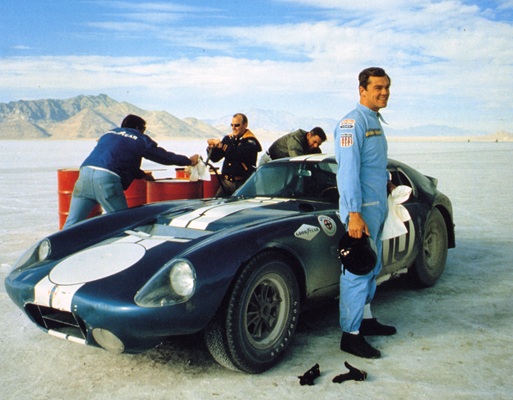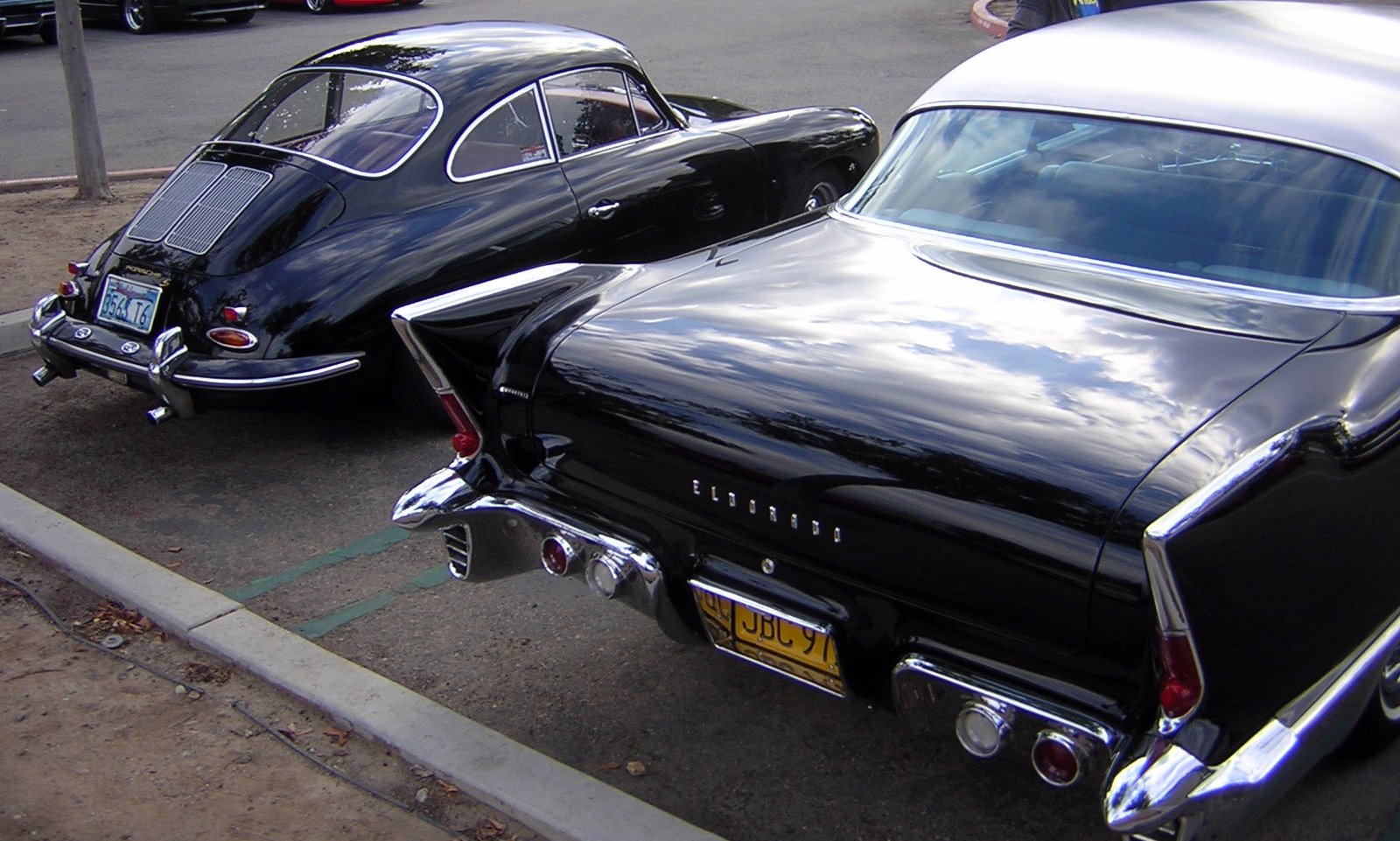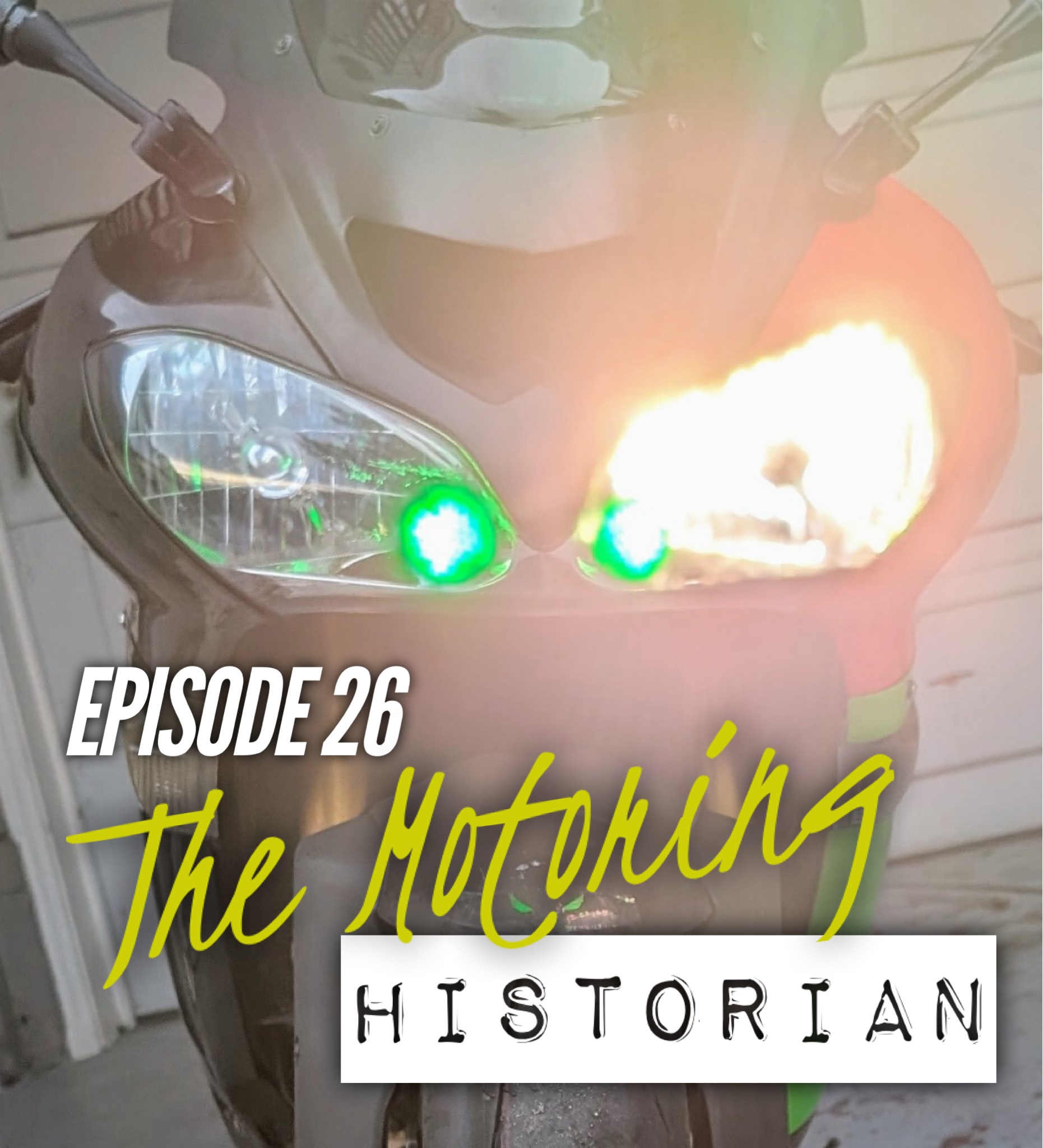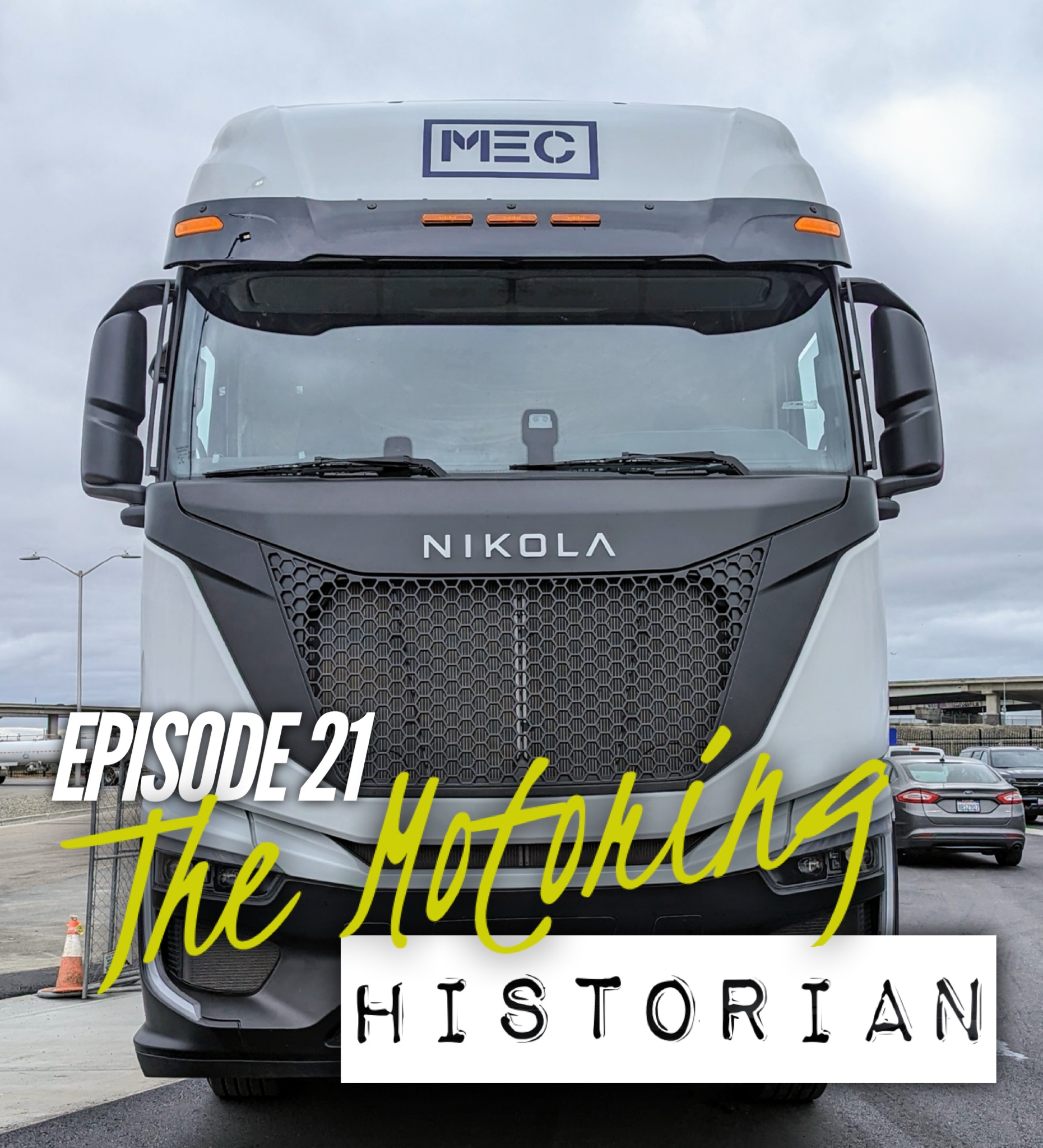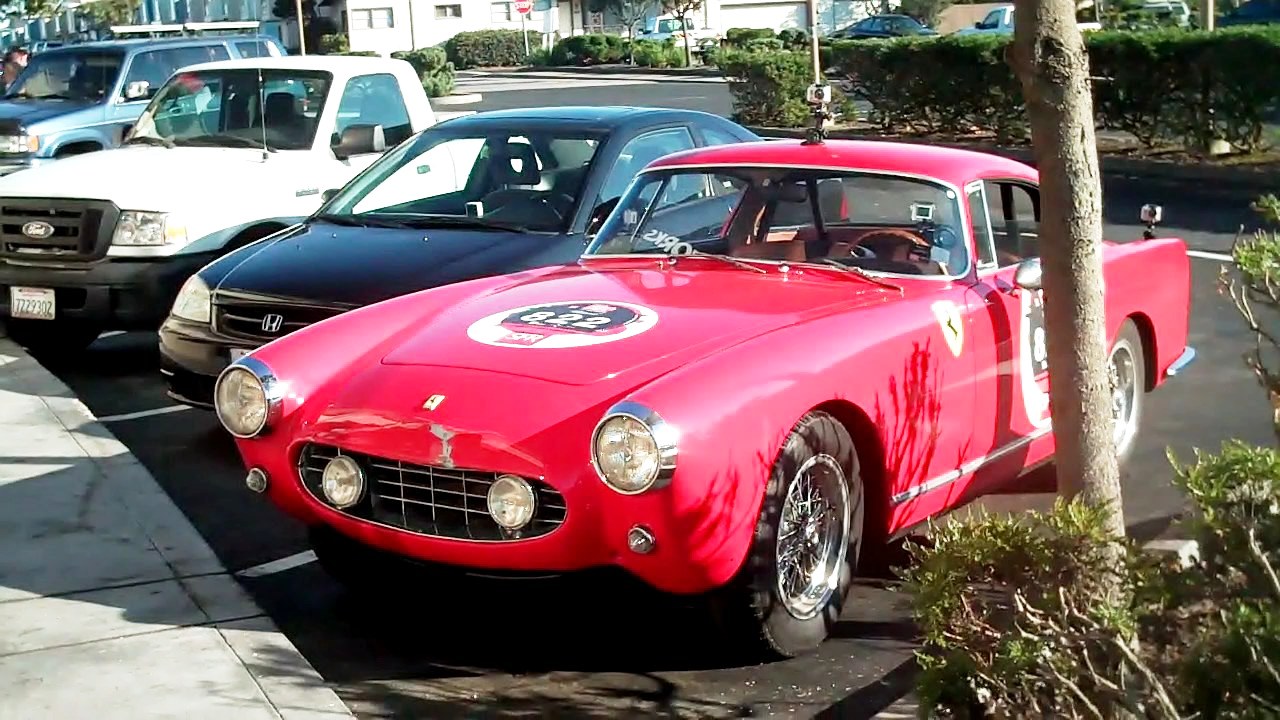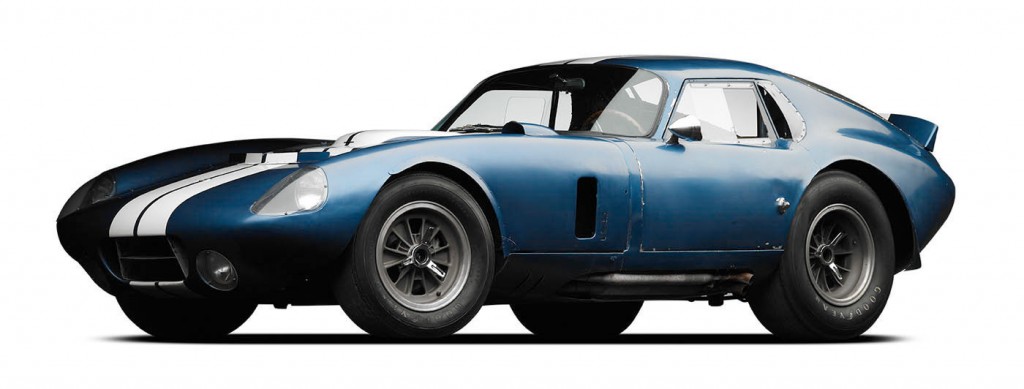 Last week a car was inducted into the Library of Congress, alongside the site of the Battle of Gettysburg and the Statue of Liberty. The important point here is that cars are being recognized as part of what it is to be American. Implicit in this is that the use of cars – driving them on the road – is also part of the American character. The process has been overseen by the government body who normally look after historic bridges and buildings, showing how the apparatus for recognizing old cars as historically significant – and thus of interest and worth preserving for Americans in perpetuity, not just car guys – is only just now being built.
Last week a car was inducted into the Library of Congress, alongside the site of the Battle of Gettysburg and the Statue of Liberty. The important point here is that cars are being recognized as part of what it is to be American. Implicit in this is that the use of cars – driving them on the road – is also part of the American character. The process has been overseen by the government body who normally look after historic bridges and buildings, showing how the apparatus for recognizing old cars as historically significant – and thus of interest and worth preserving for Americans in perpetuity, not just car guys – is only just now being built.
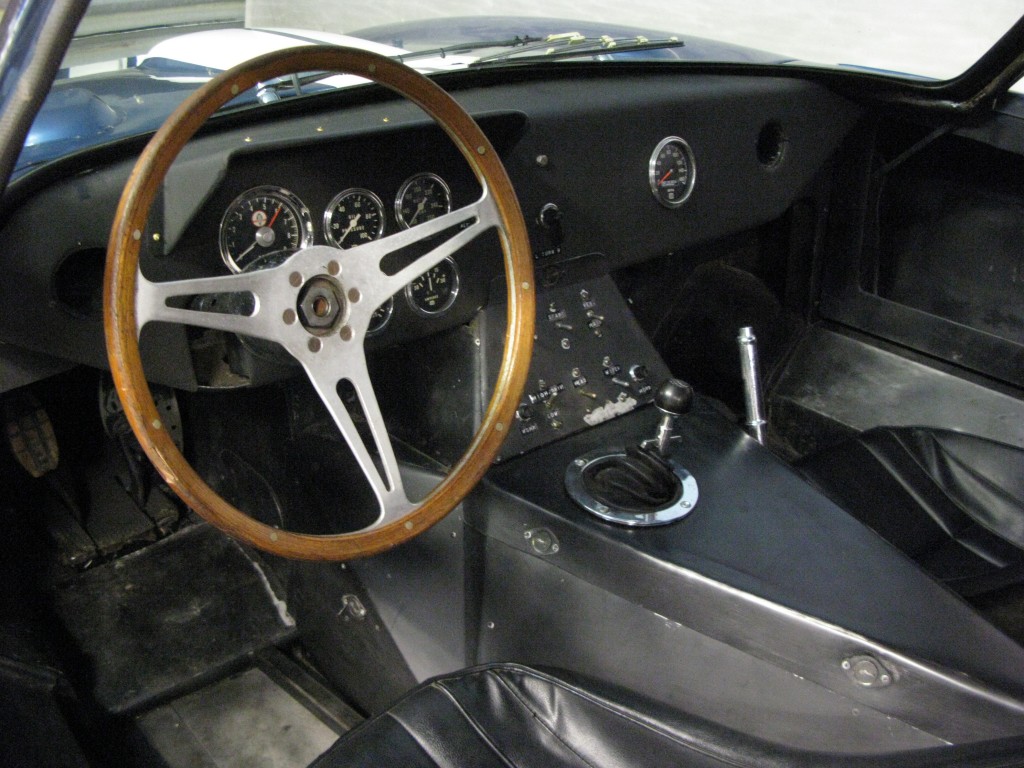
A chance meeting meant that I have been lucky enough to see this process take shape, and be a part of the debate around which cars should follow that first car, a Shelby Cobra Daytona, into the Library of Congress and posterity. My opinion is this car represents an excellent place to start; firstly, it is indisputably an American Classic, built in Santa Monica by hot-rodders, led by Carroll Shelby, an iconic car guy but a compelling figure also as the longest-living heart transplant patient. Being a Cobra, it is powered by a Ford V8, itself the quintessential expression of horsepower at a budget price, Ford’s value proposition but also the American principle of excess for all. The car enjoyed striking racing success, wedded to perhaps the single strongest motor racing story of any time, that of Ford versus Ferrari at Le Mans. It is significant this example is no 100 point Pebble Beach special, but wears the same scarred body and paint from it’s racing and record breaking days. Unlike every Pebble Beach Best of Show, this is a post WW2 car, not built during the interwar years when the use of craftsmanship and quality of design and construction were at their peak, and as such the Cobra represents a nod towards middle America and the guy with one muscle car in the garage who fears that his grandson may never actually be allowed to drive the thing on the street due to legislation or a lack of gas. Seen as outmoded technology, government need not consider the needs of old cars and their drivers; seen as American Heritage, law-makers must make allowances for old cars.
